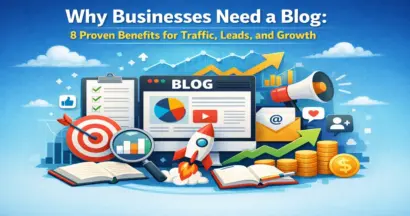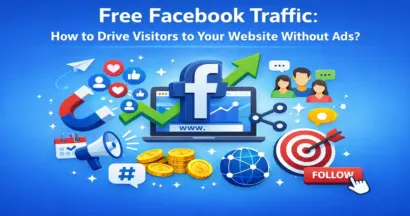Your app is ready. Apple and Google have approved it. And the first customers are already working with the app. Great, so now it’s time to sit back and enjoy the fame. But are you ready for work then? Actually not, because there are typically three aspects that considering for the App Development from the time of completion:
Further App Development
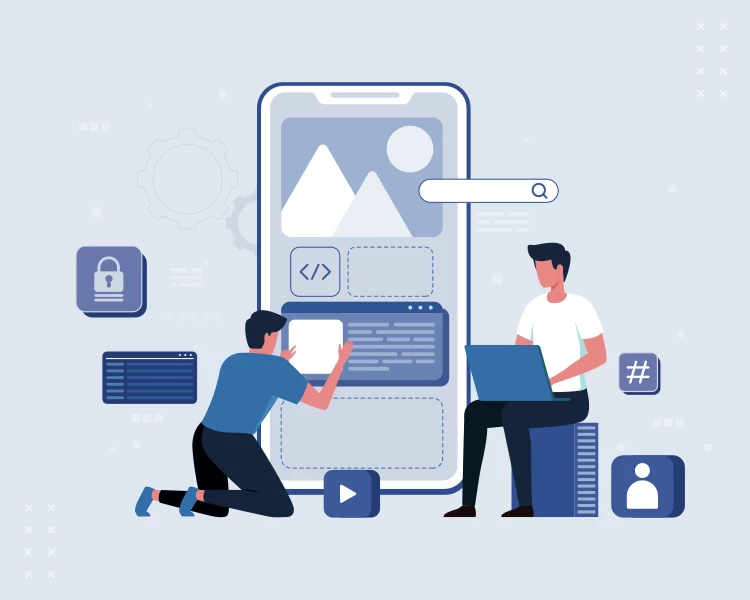
An app is typically a living product that requires continuous maintenance and further development. Users report requests for changes or point out missing features. So it would be very good for the app and the rating in the stores to include these features.
Further App Development can take place continuously. Hence, we continue to develop the app continuously with a team and publish new versions on a regular basis. Alternatively, you can make a schedule for the publication of updates. Also, you can limit the size of the changes that take place in an update to a certain, defined volume. In addition, you should make ad hoc adjustments to an app as soon as you come up with ideas for new functionalities or improvements.
Why Should You Get Further Your App Development?
The big brands have their apps in App Store & Google Play Store. And they are continuously working on their apps. The users, therefore, have a certain expectation that a professionally operated app. App development is a living product that its developer regularly improves and further develops.
In addition, you might want to get the first version of an app on the market quickly. The further development of the app then allows further functionalities to be added successively that were not planned for the first version of the app due to time constraints.
App Development: The Maintenance
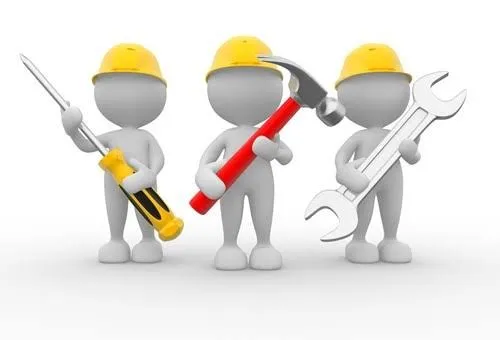
Users can report errors if an app is in productive use. These errors must then be analyzed in the context of the overall system (the app usually also includes a server on which data is managed, and sometimes the hardware with which the app communicates, a push notification service, and, other services). The responsible system is identified and then rectified by the responsible partner. In addition, users may report app problems with devices that were not in the testing at the time of development. Then app developers will analyze and address such problems.
Why Should I Bother With Maintenance?
To be sure that a product has a good perception and evaluation in the market, you should make sure that the reported errors from productive use can be rectified as quickly as possible. If you have proactively reserved development times for this, this is faster than if you want to update an app ad-hoc.
The Technical Update
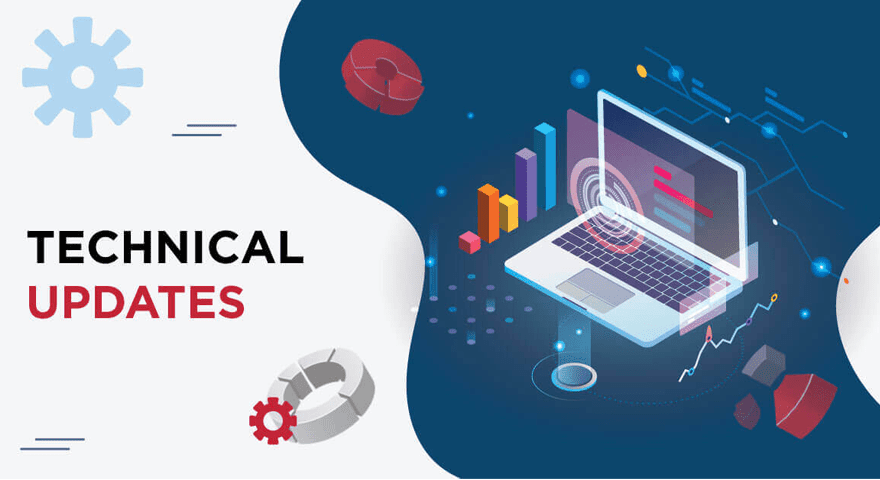
Apple and Google are continuously working on further developing their iOS and Android operating systems. Every summer, Apple presents innovations with the new iOS version. And in autumn, Google presents its innovations in Android at the beginning of the year and then works towards a release in late summer/early autumn.
The new versions of the operating systems then bring new functionalities on one hand. And, it also changes existing functionalities on the other. For example, Android version 10 has brought substantial restrictions for the management of Wi-Fi networks in an app.
Since these changes and innovations were often not yet known at the time the app was developed, you should test your app thoroughly on the new operating system. That’s how to know your App Development. If the app developed by top app developers so far is used for testing, there should be very few difficulties. Besides, you can try the Mobile App Development Guide.
If, however, the app is regenerated and the new versions of the operating systems are used (technically: the app on iOS has the new Xcode version and the new iOS version and on Android, the target SDK on the new Android version increased), the changes to the operating systems will apply to the app from this point in time. When testing the app, you will probably notice a few differences from the previous version, possibly real bugs. Creating or beginning the mobile app with the latest operating system versions and addressing the differences and errors that arise is what we call “technical update” development.
Why Should I Carry Out a Technical Update?
Apple and Google want their users to update to the latest versions of their operating systems as quickly as possible. They also want the providers of apps to use the latest versions as quickly as possible to create their apps. So that the functionalities and mechanisms of the new operating system versions become standard for all users. Users also expect the apps they use to feel like they are familiar with other apps. Most of the apps from the major providers (those that are used a lot) are very quickly adapted to the latest operating system versions. So users are used to the behavior of the new versions. They are quickly irritated if an app does not yet have this new behavior.
In addition, there are even specific requirements regarding the Beginning of Mobile App Development for the new operating system versions. Both Apple and Google have formulated deadlines by which newly submitted apps. And updates of apps that have already been submitted must be designed for the new operating system versions. You have to update your apps by these deadlines. If not, the apps will no longer be accepted when they are submitted to the App Store and Google Play Store. Since it can happen at any time that you want to carry out an update for an app (e.g. because you want to add new features) or have to (e.g. because legal framework conditions such as the imprint or the content of the data protection declaration have changed), you would do without a proactive technical update and must first make the technical update.
Technical Update Purposes:
A proactive technical update, therefore, ensures your own app is considered by users as modern and moving with the times. Also, it helps to reduce possible time problems if you want to publish an update spontaneously. You should contact the iOS or Android App Development companies for your excellent Mobile App Development for Business.
Read More: Why Are Mobile Apps Important To Users?

